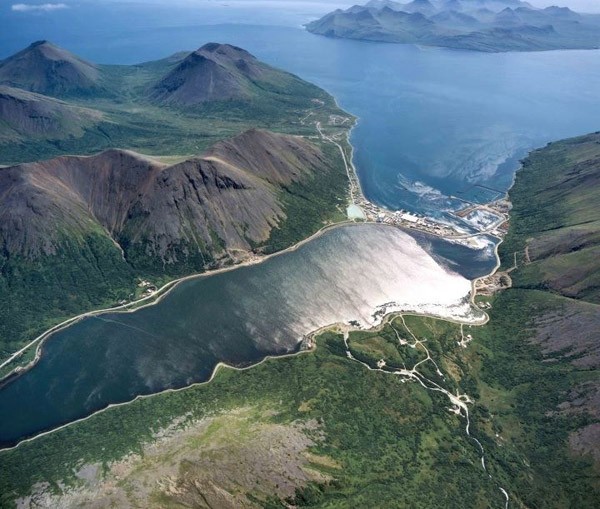In the middle of the Aleutians, that long tail on the map that curves down and away from Alaska, a settlement called King Cove sits on a spit of low land between towering volcano ranges.
The 800 or so Americans living there wake up each day to stunning views, and, during fishing season, anglers can select among the five salmon species that thrive there between the Pacific Ocean and the Bering Sea. But residents can’t be certain they’ll get to a doctor in an emergency because of heavy snows, gale force winds—at times over 100 miles per hour—and “whiteout” fogs that make travel life threatening at times.
King Cove wants a road, a one-lane gravel road to the all-weather airport seven miles away. But a road would pass through the Izembek National Wildlife Preserve, where no roads are allowed. And herein lies a perfect example of why the terrain of sustainability is so complex to navigate, when human need is pitted against what other life forms need to survive—and when lawyers are watching the contest.
Roads are detrimental to wildlife habitat. So conservation groups are campaigning for public comments of protest on the environmental impact report. No road, they insist. King Cove folks are isolated because a wilderness preserve was created without their input—ironically, the public meeting was held in a town they could not get to easily, held without their knowledge (by mistake) and scheduled during fishing season, when they would have been unable to attend even if they knew about it and had a way to get there. To compensate, the federal government gave King Cove $37.5 million to improve their clinic (still with no doctor) and buy a hovercraft as a water-ambulance. The hovercraft works, but King Cove’s mayor says it’s too expensive to sustain.
Tens of thousands of additional acres will be donated to Izembek Preserve in exchange for the road right-of-way. At least one oil-drilling company has sided with conservationists and opposed the road in this case, because the trade would close off so many acres from drilling. But major environmental groups oppose the road because it would set a precedent for lifting federal protections from pristine wildlife areas, making fossil-fuel-corporation lawyers salivate.
King Cove’s hovercraft has made more than 30 successful emergency transports. If it were sustainable to operate, no road would be necessary, so money—and not gravel—could pave the way to the all-weather airport. But where will the money come from? If King Cove gets a road, and federal law gains a precedent, what happens to all our federally protected lands?











